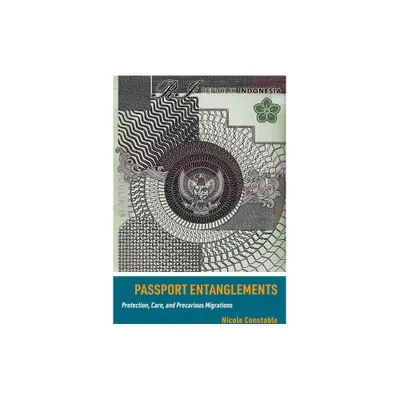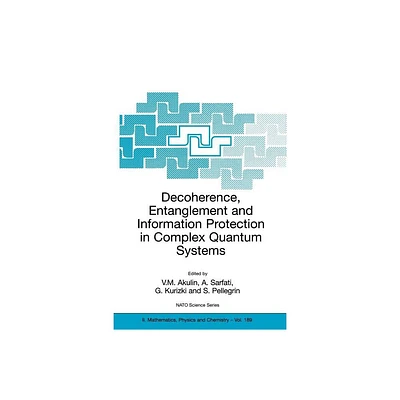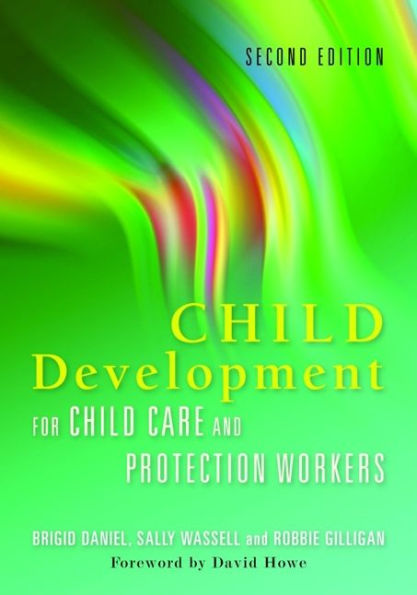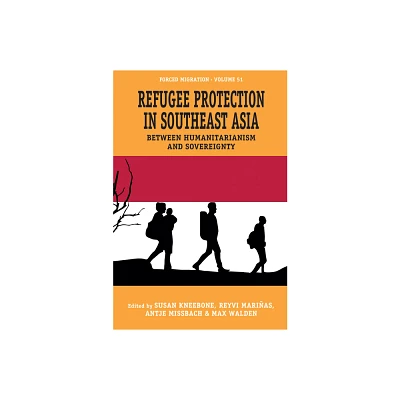Home
Passport Entanglements: Protection, Care, and Precarious Migrations
Loading Inventory...
Barnes and Noble
Passport Entanglements: Protection, Care, and Precarious Migrations
Current price: $95.00


Barnes and Noble
Passport Entanglements: Protection, Care, and Precarious Migrations
Current price: $95.00
Loading Inventory...
Size: Hardcover
*Product Information may vary - to confirm product availability, pricing, and additional information please contact Barnes and Noble
Passport Entanglements
traces the many tangled threads—political, historical, economic, global, and local—that are tied to the existence of Indonesian
aspal
or “real but fake” passports that are carried by as many as a third of Indonesian migrant domestic workers in Hong Kong. The book explains how and why the HK Indonesian Consulate’s attempts to regularize or “clean up” (
pemutihan
) these passports created significant problems for migrant workers. Passports and other types of documentation are said to facilitate migration and to offer migrant workers protection and care yet they can also be instruments of surveillance, control, and exploitation. Anthropologist Nicole Constable focuses on the politics and inequalities embedded in passports, drawing from ethnographic examples of migrant workers who were found guilty of immigration fraud and sent to prison and of others who protested and resisted the new passport policies. She considers how these instruments determine legal status and dictate rights while the renewal policies simultaneously undermined them. Contrary to global “best practices” concerning passports, Constable argues that imposing new biometric technologies does not lead to greater protection, security, or accuracy but can instead reinforce violent structures on already vulnerable women by producing new vulnerabilities and reproducing old ones.
traces the many tangled threads—political, historical, economic, global, and local—that are tied to the existence of Indonesian
aspal
or “real but fake” passports that are carried by as many as a third of Indonesian migrant domestic workers in Hong Kong. The book explains how and why the HK Indonesian Consulate’s attempts to regularize or “clean up” (
pemutihan
) these passports created significant problems for migrant workers. Passports and other types of documentation are said to facilitate migration and to offer migrant workers protection and care yet they can also be instruments of surveillance, control, and exploitation. Anthropologist Nicole Constable focuses on the politics and inequalities embedded in passports, drawing from ethnographic examples of migrant workers who were found guilty of immigration fraud and sent to prison and of others who protested and resisted the new passport policies. She considers how these instruments determine legal status and dictate rights while the renewal policies simultaneously undermined them. Contrary to global “best practices” concerning passports, Constable argues that imposing new biometric technologies does not lead to greater protection, security, or accuracy but can instead reinforce violent structures on already vulnerable women by producing new vulnerabilities and reproducing old ones.


















